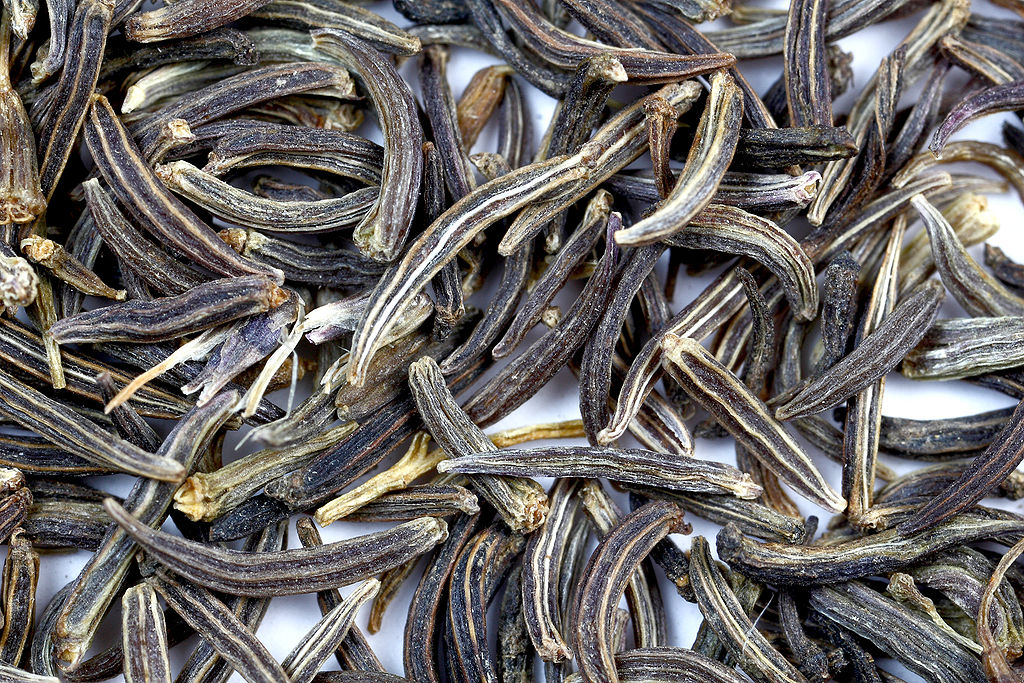
Black Cumin Seed Has at Least 20 Pharmacological Actions
More than 650 peer-reviewed studies have looked into the potential health benefits of “black seed,” which come from the flowering plant Nigella Sativa. Revered since ancient times for its versatile medicinal qualities, black seed oil was found in Egyptian pharaoh Tutankhamun's tomb.
Black seed, which is also known as black cumin, black caraway, black sesame, onion seed and Roman coriander, has a long history of use in traditional systems of medicine, including Ayurveda and Siddha.
January 25, 2016 | Source: Mercola | by Dr. Mercola
More than 650 peer-reviewed studies have looked into the potential health benefits of “black seed,” which come from the flowering plant Nigella Sativa. Revered since ancient times for its versatile medicinal qualities, black seed oil was found in Egyptian pharaoh Tutankhamun’s tomb.1
Black seed, which is also known as black cumin, black caraway, black sesame, onion seed and Roman coriander, has a long history of use in traditional systems of medicine, including Ayurveda and Siddha.
According to a review on black seed’s therapeutic potential published in the Asian Pacific Journal of Tropical Biomedicine:2
“The seeds of N. sativa have been widely used in the treatment of different diseases and ailments. In Islamic literature, it is considered as one of the greatest forms of healing medicine. It has been recommended for using on regular basis in Tibb-e-Nabawi (Prophetic Medicine).
It has been widely used as antihypertensive, liver tonics, diuretics, digestive, anti-diarrheal, appetite stimulant, analgesics, anti-bacterial and in skin disorders.”
Black Cumin Has at Least 20 Pharmacological Actions
Black cumin has a wide spectrum of pharmacological actions that have been supported by science. Among them:3
Anti-diabetic Anti-cancer Immunomodulator
Analgesic Antimicrobial Anti-inflammatory
Spasmolytic Bronchodilator Hepato-protective
Renal protective Gastro-protective Antioxidant properties
Black cumin has even been described as a “miracle herb,” and its name in old Latin, “Panacea,” means “cure all.”4
Traditionally, black cumin has been used for immune-system support, well-being, digestive health, respiratory issues, kidney and liver support, and heart health. In Asia and the Middle East, black cumin seeds have long been used to treat asthma, bronchitis, rheumatism and other inflammatory diseases.
A tincture of the seeds has traditionally been used to treat indigestion, loss of appetite, diarrhea, parasitic infections and skin problems. An external application of black cumin oil has even been used as an antiseptic and roasted seeds as a treatment to stop vomiting.5
